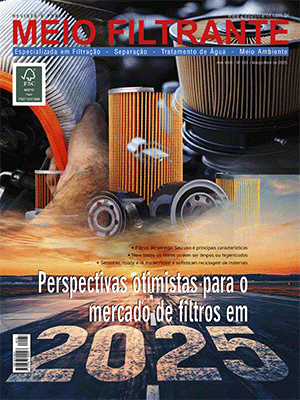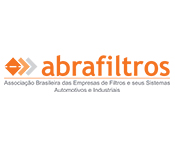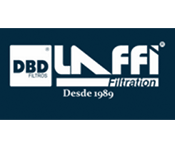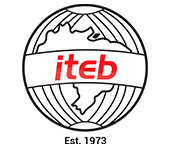Soap maker bubbling over on Eaton filters
Eaton -
based on the results of the trial, the number of bars of soap that the company produces, and the cost to rework an out of spec product
Background
While maybe not quite as frightening as the famous Alfred Hitchcock shower scene, just imagine the shock of stepping into a hot shower, unwrapping your favorite bar of soap, and discovering that it’s already dirty. It can happen.
That’s because soap contains glycerin, which brings with it important moisturizing properties. During the manufacturing process, glycerin is heated and added to the soap formulation before it goes to final production.
However, the heating needs to be precise with little margin for error. When it is not heated properly, the soap can turn brown and even form brown specks that are small but still very much noticeable, hardly the 99 and 44/100% pure that a good soap needs to be.
Challenge
For one of the world’s largest suppliers of bar, detergent and body soaps, meeting that lofty goal is imperative to success. Supplying virtually every type of soap made, the company on any given day will see some 25 different brands of soap rolling down its production line.
Relying on an outdated heating and filtering process, the company often had to reroute soap back into the assembly line to remove the brown haze and specks caused by the improperly heated glycerin to ensure that quality objectives were always achieved.
The rerouting was necessary, but was inefficient, expensive and time-consuming. Additional labor was also required.
While the final product was eventually meeting purity goals, the soap giant very much wanted to clean up the process.
Solution
In doing so, they turned to Eaton Filtration and installed a DOFF 800 filtration system for a 90-day trial run. The DOFF 800, a forerunner of the newer DCF-800 filters, is often used for trials.
Both perform a self-cleaning action by mechanically scraping collected debris from the filter screen with a disc that moves up and down the screen, parallel to the liquid flow. Collected debris is then automatically purged from the collection chamber at the bottom of the filter.
This self-cleaning action is performed without halting production and provides the highest quality filtering under continuous demand. Because the screen is cleaned continuously, a consistently high flow rate is maintained.
Uninterrupted filtering by the DCF also helps ensure consistent temperatures—a feature essential to meeting quality objectives.
Result
Before the 90-day test was even completed, the soap company was already washing its hands of the brown mess and has since ordered two new Eaton DCF-800 filters.
“Removal of the glycerin impurities was very successful,” reports Nirag Shah, sales manager for Eaton’s Filtration Division. “The test unit delivered everything that we said it would.”
As a result, Shah believes the costly rerouting of soap will soon be virtually eliminated.
“It’s still too early to gather a measurable return on investment,” adds Shah, “but based on the results of the trial, the number of bars of soap that the company produces, and the cost to rework an out of spec product, it strikes me that the payback is going to be pretty quick.”






